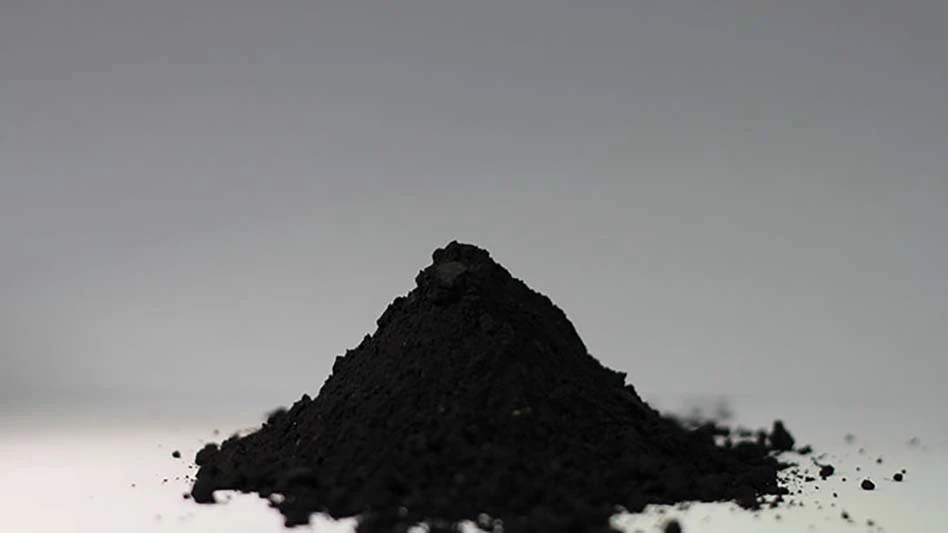
Six companies based in California have been convicted by a federal grand jury of scheming to avoid payment of $1.8 billion in import duties on semifinished aluminum imported from China.
A United States Department of Justice (DOJ) news release says the businesses also have been found guilty of conspiring with a Chinese financier to defraud investors by inflating the balance sheet of China Zhongwang Holdings Ltd. via the “sham” sales of aluminum in the U.S.
In 2016, Zhongwang announced its intention to buy Cleveland-based secondary aluminum producer Aleris (in a deal that was never completed), and in 2017 the firm took a controlling stake in a German aluminum extruder.
The DOJ news release describes the companies as “guilty of participating in a wide-ranging conspiracy to defraud the United States via a wire-and-customs fraud scheme in which huge amounts of aluminum – disguised as ‘pallets’ to avoid $1.8 billion in customs duties – were exported to the U.S. and were ‘sold’ to fraudulently inflate a China-based company’s revenues and deceive investors worldwide.”
Continues the DOJ, “The jury found two aluminum businesses and four warehousing companies – all of which were related to one another – guilty of one count of conspiracy, nine counts of wire fraud and seven counts of passing false and fraudulent papers through a custom house.”
The six companies, two of which carried the name Perfectus, were all based in Southern California, with offices and warehouses in Fontana, Irvine, Ontario and Riverside, California. The two Perfectus companies also were found guilty of seven additional counts of international promotional money laundering, according to the DOJ.
The DOJ cites evidence presented at a nine-day trial as convincing the jury that aluminum extrusions maker China Zhongwang Holdings Ltd., and the company’s former president and chairman Zhongtian Liu, conspired with the six companies and other individuals to avoid paying the $1.8 billion in anti-dumping and countervailing duties.
According to the DOJ, “The aluminum sold to U.S.-based companies controlled by Liu was simply aluminum extrusions that were spot-welded together to make them appear to be functional pallets. In fact, there were no customers for the 2.2 million pallets imported by the Liu-controlled companies between 2011 and 2014, and no pallets were ever sold.”
The annual reports of China Zhongwang Holdings claimed that the aluminum pallets were being sold to independent third parties, and these “sales” were used to inflate China Zhongwang’s reported revenue. In fact, says the DOJ, the aluminum was being stockpiled by Liu-controlled entities in more than 2 million square feet of warehouse space owned by the warehouse defendants in Southern California and New Jersey.
Since there was no actual demand for the pallets, defendants Liu and China Zhongwang arranged for aluminum melting facilities to be built and acquired, which were to be used to reconfigure the aluminum imported as pallets into a form with commercial value, states the news release. This would have included the attempted purchase of Aleris. (Most of the former Aleris assets now belong to Atlanta-based aluminum producer Novelis.)
U.S. District Judge R. Gary Klausner has scheduled a Dec. 13 sentencing hearing in the case.
Liu and three other defendants charged in the indictment in the case have yet to appear in court in the U.S. to face the criminal charges, the DOJ says.
Latest from Recycling Today
- LME reports active Q2
- Liberty Steel assets facing financing deadlines
- Sims is part of Australian recycling loop
- Tariffs target steel exporters Brazil, Canada and South Korea
- Buy Scrap Software to showcase its software at Scrap Expo in September
- LG details recycling activities
- Algoma EAF is up and running
- Toyota-Tsusho completes acquisition of Radius Recycling






